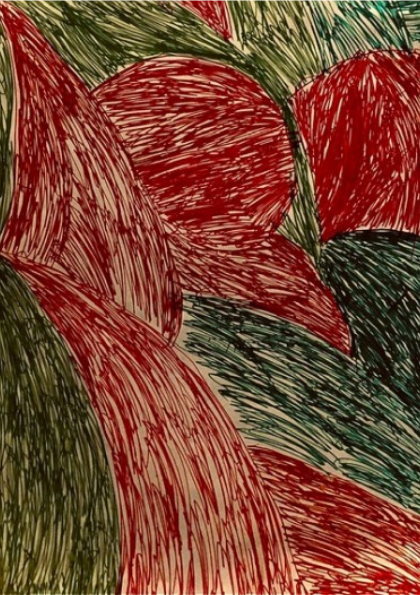
How should we answer this large question, ‘What is language?’ We might begin by saying that language is simply an instrument. It is what we use to convey our emotions, experiences, and points of view.
Of course, in order for language to function as an instrument we must agree to the meanings transmitted by language in the first place. The idea that language contains meaning may be so obvious, however, that it is hardly worth mentioning. We can just take it for granted. Yet, the idea that language contains meaning suggests that language contains other things as well.
Though not often discussed, language also contains a metaphysics—a theory of reality. For example, consider the simple sentence: “I love ice cream.” Does this mean that I take ice cream to be a ‘real’ object? What if I said the same thing about unicorns? Am I saying that unicorns are ‘real’ in the same way as ice cream?
Other examples are equally fascinating. Consider the sentence, “I see a blue flower.” On the basis of this sentence, we could argue that the ‘blue flower’ is something independent of my own mind. And, that the color ‘blue’ and the ‘flower’ stand in a certain relation to each other that allows me to see them together. We might also argue that the flower I see in front of me is a particular instance of a universal I call ‘flower-ness.’ Does this mean that the universal ‘flower-ness’ is real just like my ice cream?
In many philosophical traditions of India, debates about language were often debates about metaphysics. Buddhists, for example, argued that universals like ‘flower-ness’ do not exist; and, more radically, that language cannot reach reality. Language plays many tricks on us. How does language convey meaning if it cannot reach reality? In this case, the function of a word is to exclude. For example, the word ‘flower’ does not point to a thing in the world we call a flower; instead, the word ‘flower’ means everything that cannot be called a flower.
Yet, even if we can agree that language contains a metaphysics (or competing metaphysics) we are still left with the question we began with: ‘What is language?’ At Ahmedabad University this question is especially important because a new major in the School of Arts and Sciences is Philosophy, History and Languages (PHL).
Others have asked this same ‘What is?’ question about philosophy and history. Answers I like are that philosophy is the activity of creating concepts and that history is an unending dialogue between the present and the past.
What, then, is language? Language is the exploration of the boundaries between reality, thought, and meaning. Of course, this is only one possible answer. But, when combined with philosophy and history, it opens up a unique space for interdisciplinary studies in the humanities.


